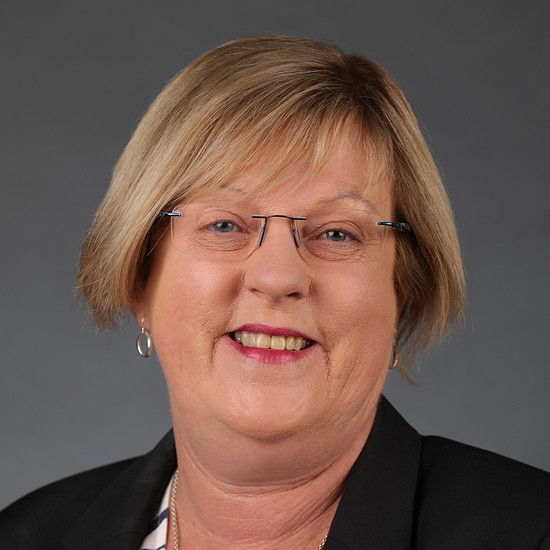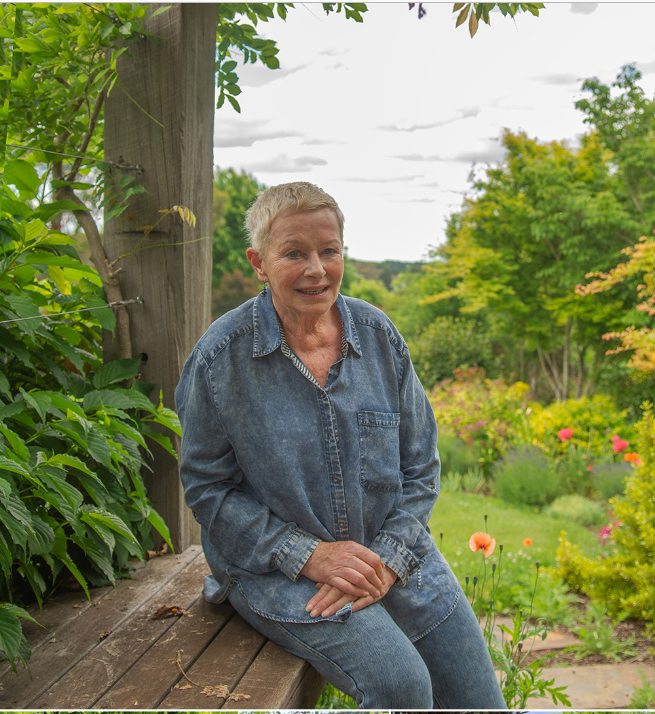April 7th, 2022Accessible information & support is critical for the wellbeing of Australians with IBD
Inflammatory bowel disease (IBD) affects around 100,000 Australians – that’s 1 in every 250 people living with chronic inflammation of the digestive tract. With no cure for the disease, access to relevant and up-to-date information, and a strong support network to manage this chronic illness, are vital.
Crohn’s disease and ulcerative colitis are the two most common types of IBD. While people are primarily diagnosed with IBD between the ages of 14 and 25, it can affect anyone at any stage of life.
As the peak support and advocacy body in Australia, Crohn’s & Colitis Australia (CCA) plays a key role in informing people living with IBD about their condition and helping them to connect to a community that understands the pervasiveness of the disease.

Victorian Government Minister,the Honourable Lisa Neville, was diagnosed with Crohn’s disease 33 years ago. Minister Neville says that when it comes to navigating this illness, accessible information is critical.
“I first came across Crohn’s & Colitis Australia about 15 years into my disease. I discovered other people shared my experience and it was a trusted source of up-to-date info on Crohn’s, treatments available and steps to empower me to make decisions to minimise the impact of the disease.
“Having access to information about your condition empowers you to not just understand what is happening but to advocate to medical professionals about how they can and should help. Knowing your local pharmacist, doctor and specialist have access to good information also helps in their treatment of your conditions and to understand when things may be going wrong,” Minister Neville explains.
In addition to accessible information about the disease, early IBD diagnosis and treatment by a multidisciplinary team of healthcare professionals – ideally including a GP, gastroenterologist, IBD nurse, dietitian and psychologist – can greatly improve the lives of those living with these chronic illnesses, as well as reduce the need for surgery and hospitalisations.
But not everyone has access to this level of coordinated healthcare. In an IBD Audit of 71 Australian hospitals, just 1% of hospitals had a full IBD multidisciplinary team and only half had an IBD helpline.
For those living in regional, rural and remote parts of the country, this level of healthcare and support is even harder to come by.

Patrick Lickiss comes from regional Victoria and lives with Crohn’s disease. “With less access to health centres, multidisciplinary care and specialists in more remote regions of Australia, there is naturally often less support and information for those living with IBD in these areas. Furthermore, as IBD is often an invisible disease, it is hard to meet others experiencing IBD, a problem that is only accentuated in less populated, more regional areas of Australia. Having online services such as CCA crucially helps to bridge the gap in information accessibility and support between rural and metro areas of Australia,” Patrick explains.
Daniel Lightowler is a clinical IBD nurse for the South Metropolitan Health Service in WA. Daniel says that poor access to health infrastructure and support in regional, rural and remote Australia makes accessing information and support a real challenge for his patients.
“It’s very difficult for a large tertiary health service to make an impact when servicing the largest single landmass of any health service in the world. We have so many regional patients scattered through many areas of our state. We try and link our patients into any services they have within their area but often there just is nothing. That’s why having access to CCA’s website and our service’s nurse helpline can make a real difference to many patients,” Daniel explains.
Given the challenges of COVID, it’s now not only regional parts of Australia that need to find ways to access information and supplement face-to-face specialist support.
As Minister Neville explains, “The internet now provides so much information – maybe too much, sometimes – and it’s important like never before to have trusted sources. That’s why I so strongly support CCA – it is a safe place for information and support, and it can be trusted.”
Patrick agrees. “CCA’s website is a powerful hub of information, advocacy, support and research within Australia. It also provides information and resources for young people with IBD, which is often incredibility scarce. CCA has been able to provide me with crucial information on things like how to travel with my drugs, explained how others live with the disease and ultimately made me feel less alone.”
Anyone diagnosed with Crohn’s or colitis can join CCA, a community that understands. To learn more, visit https://www.crohnsandcolitis.org.au/ or call 1800 138 029.










